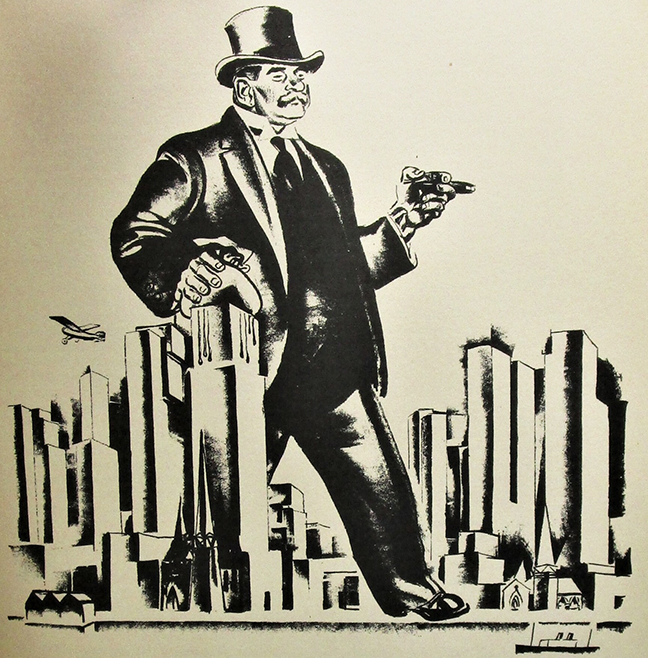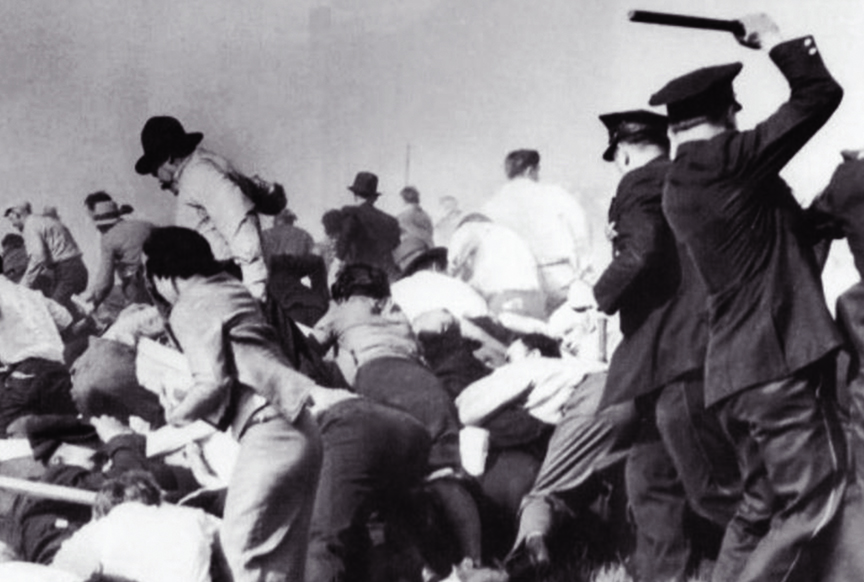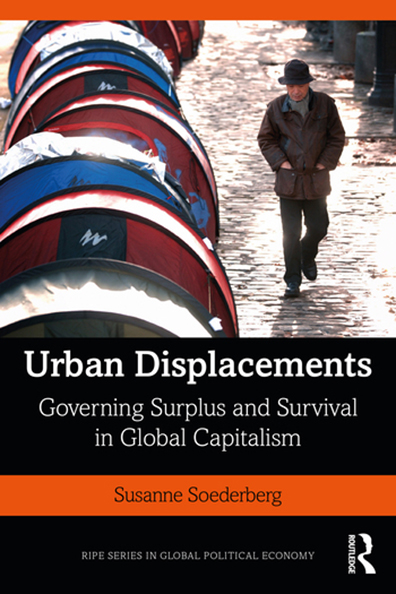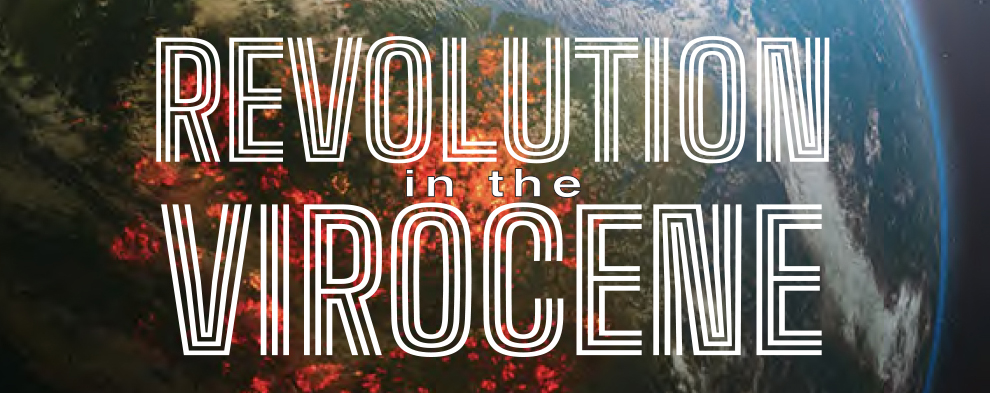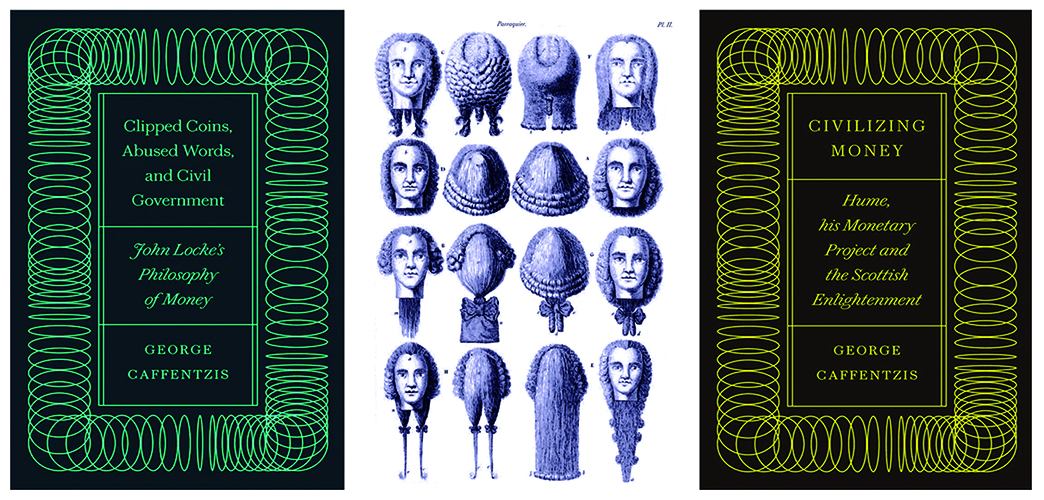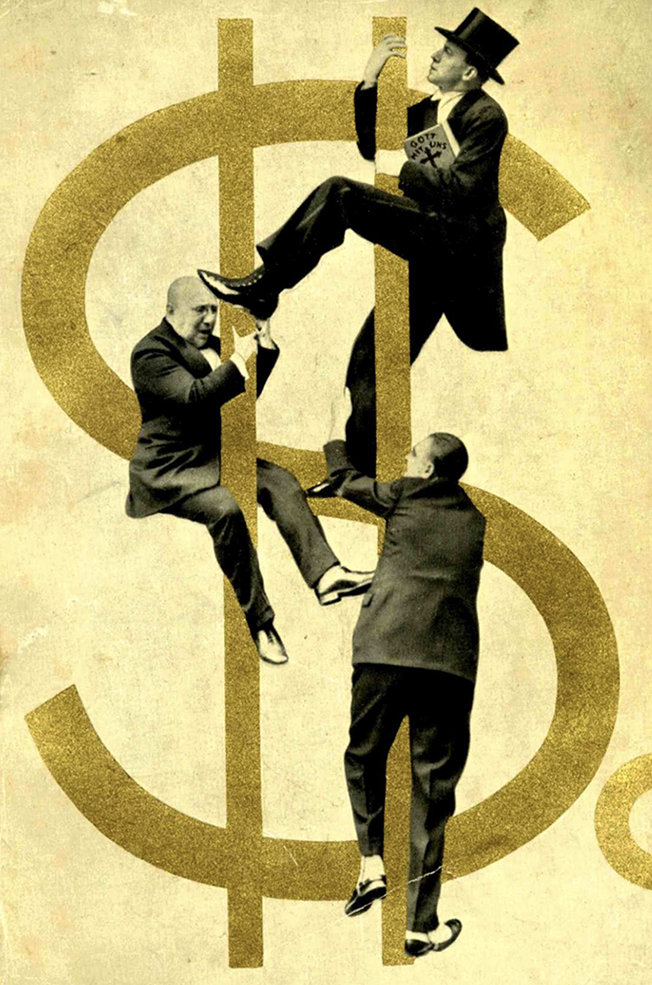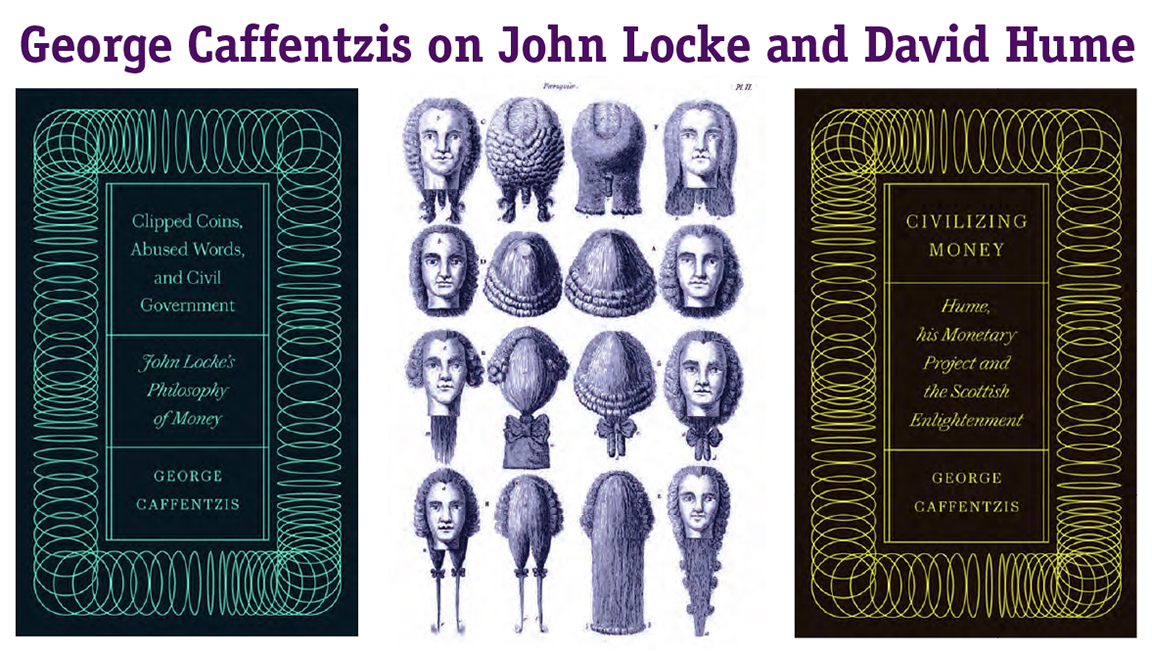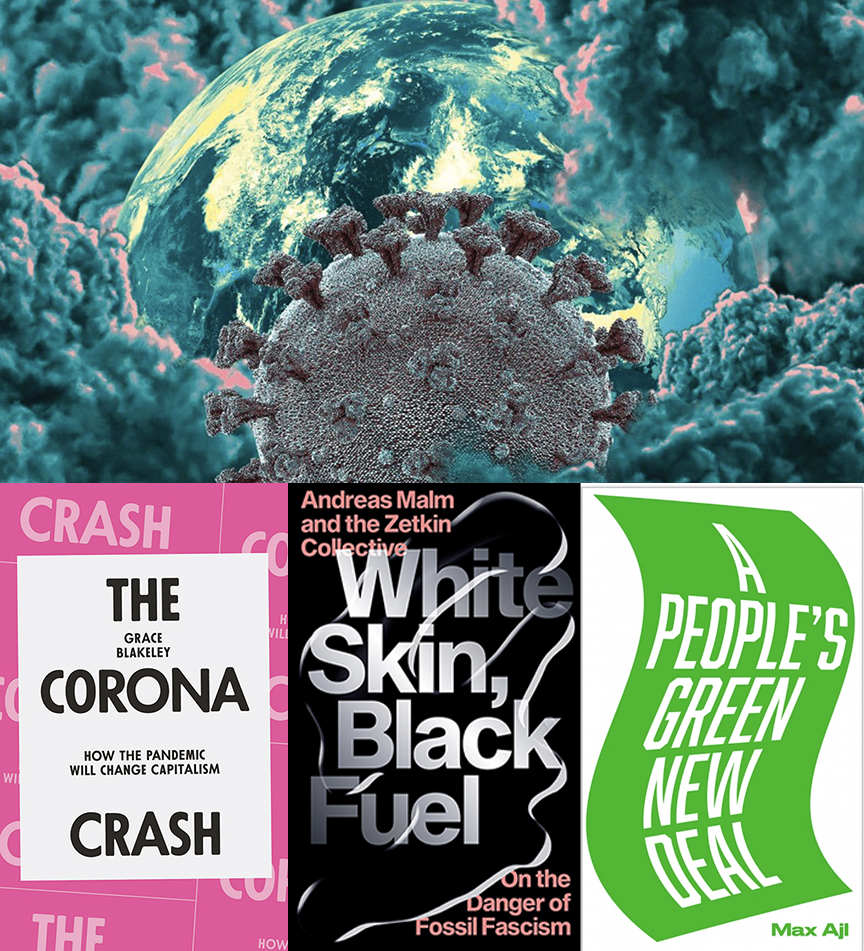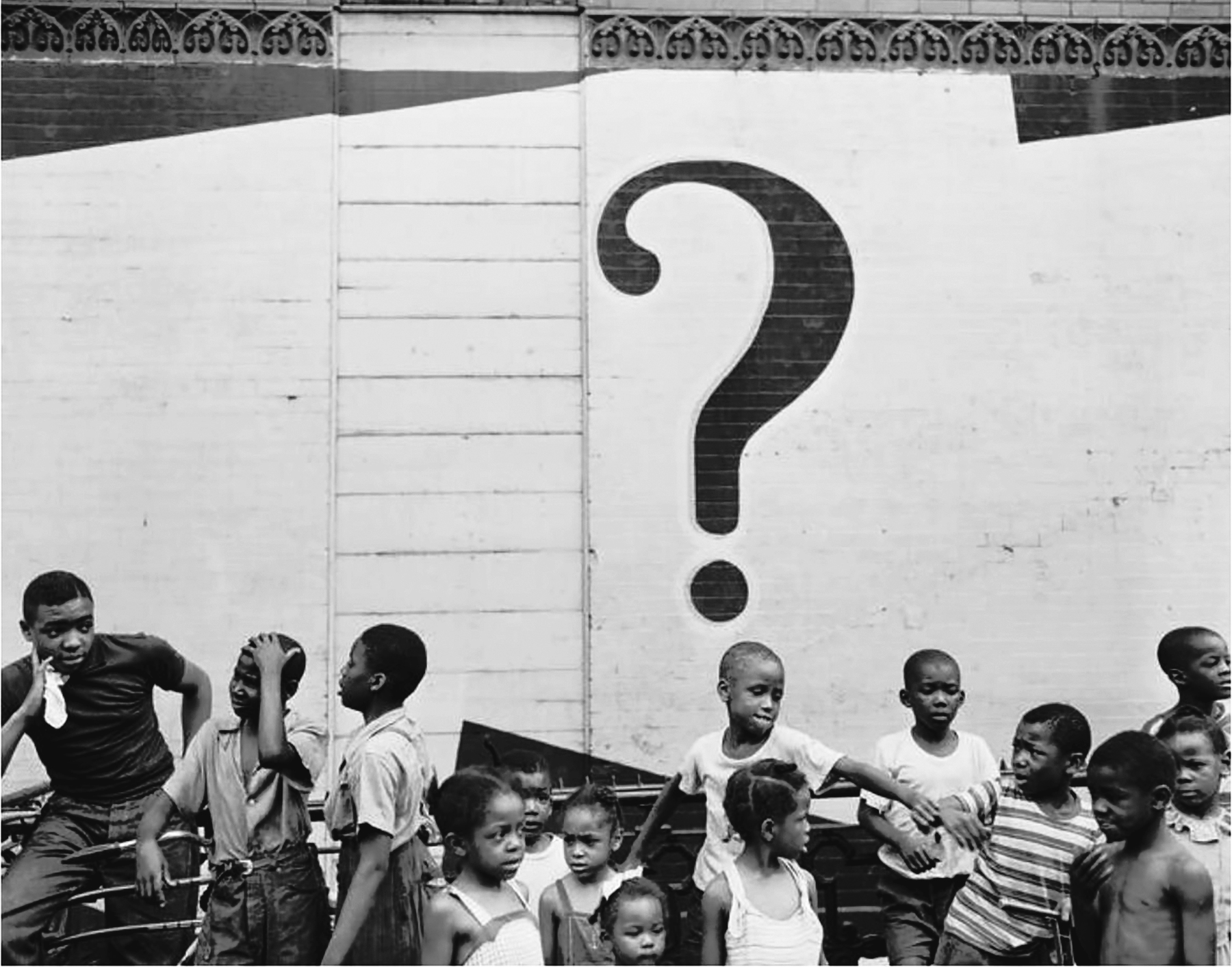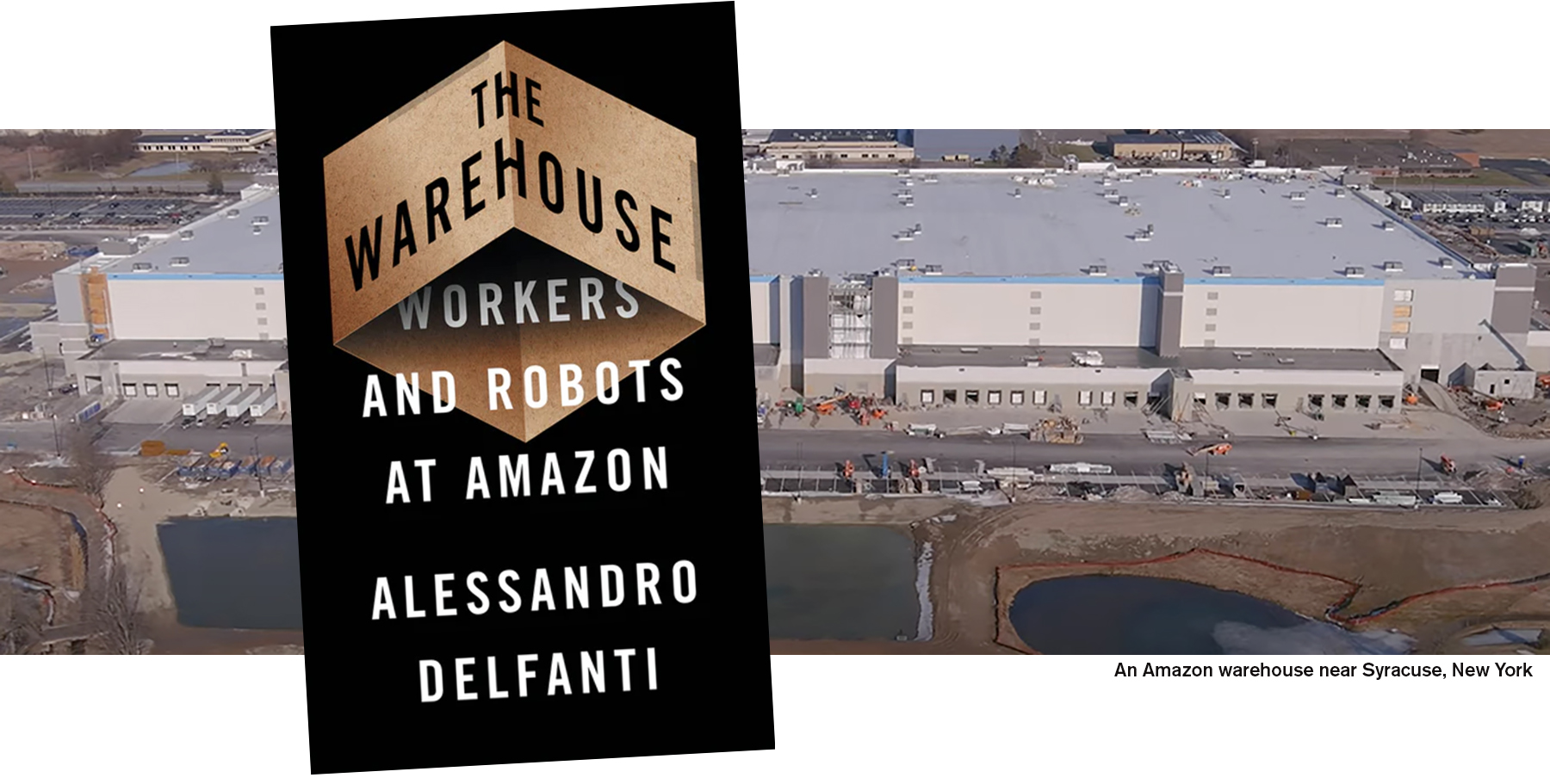Capital Studies
Capital, V1, Part 2: The Transformation of Money Into Capital
Online: Zoom link will be provided to registered participantsWe will do a close reading of the chapters in Part Two of Volume I of Capital on “The Transformation of Money Into Capital”. In these chapters Marx introduces the fundamental concepts of capital,labor power, surplus value and the valorization process.
Capital, V1, Part 2: The Transformation of Money Into Capital
Online: Zoom link will be provided to registered participantsWe will do a close reading of the chapters in Part Two of Volume I of Capital on “The Transformation of Money Into Capital”. In these chapters Marx introduces the fundamental concepts of capital,labor power, surplus value and the valorization process.
Political Economy of Labor Repression in the United States
Online: Zoom link will be provided to registered participantsAndrew Kolin presents a detailed explanation of the essential elements that characterize capital’s relations to the working class and how capital relies on various forms of repressing reform and revolutionary movements by workers. The repression is directly linked to the class struggle between capital and labor. The starting point examines labor repression after the American Revolution. Andrew’s book then follows the role of the state along with the explosive growth of American capitalism to analyze the long history of capital and labor conflict with details of the US state being aligned with the interests of capital throughout American history.
Urban Displacements and Contemporary Capitalism
Online: Zoom link will be provided to registered participantsSusanne Soederberg argues that historical and geographical configurations of monetized governance, including landlords, employers and inter-scalar state practices, have served to reproduce urban displacements and obfuscate their gendered, class and racialized underpinnings. The outcome is the everyday facilitation and normalization of urban poverty and social marginalization on one side, and capital accumulation on the other.
Revolution in the Virocene: Near (or Nearing) the End of Time
Online: Zoom link will be provided to registered participantsIn an instant, the mantra of there is no alternative has been replaced by whatever happens, nothing will ever be the same. The ideology that says radical transformation is unrealistic has been irrevocably discredited. The bonds and rituals of everyday life have been loosened, fragmented and disjointed. What seemed inevitable and iron clad now feels flimsy as nation states globally scramble to find solutions that don’t exist. This opens up a space for thinking, and for politics. This new situation underscores a critical need for both practical intervention and an attempt at building a convergent philosophy that anticipates the praxis of the future.
Capital, Volume II: The Process of Circulation of Capital
Online: Zoom link will be provided to registered participantsWe will begin our study of Volume II study by situating this volume in relation to the historical process of development of capitalist society which is premised on its specific social form of societal re-production, the production of capital. To do so we will study the closing sections of the Penguin edition of Volume I, specifically, Part VIII: "So-called Primitive Accumulation" and the “Appendix: Results of the Immediate Process of Production”.
Join us as we journey through this movement from the imaginary concrete to the abstract concrete to the real concrete. Come and challenge your way of thinking and understanding the world as it appears to you and begin to identify some of what needs to be overcome and done to bring about a better world.
Clipped Coins and Civilizing Money: George Caffentzis on John Locke and David Hume
Online: Zoom link will be provided to registered participantsGeorge Caffentzis makes both an intervention in the field of monetary philosophy and into Marxist conceptions of the relation between philosophy and capitalist development. Clipped Coins and Civilizing Money have just been released by Pluto Press. George will be joined in discussion with Peter Linebaugh and Carl Wennerlind
The Essential Political Writings of Hubert Harrison
Online: Zoom link will be provided to registered participantsJeffrey B Perry describes Harrison “as the most class conscious of the race radicals and the most race conscious of the class radicals in those years” adding that he is “a key link in the two great trends of the Civil Rights/Black Liberation struggle—the labor and civil rights trend associated associated with A. Philip Randolph and Martin Luther King, Jr. and the race and nationalist trend associated with Marcus Garvey and Malcolm X.”
Value, Fictitious Capital and Finance. The Timelessness of Karl Marx’s Capital with John Milios
Online: Zoom link will be provided to registered participantsStarting from his value-form analysis in Part One of Volume 1 of Capital, Marx develops the concept of “fictitious capital” in Volume 3, which depicts the role of interest-bearing capital and the financial sphere. Marx’s analysis allows for an understanding of contemporary capitalism, financialization and crisis: financialization cannot be isolated from “real” economy; it should be conceived as a “technology” of exercising capitalist power and hegemony over the working classes and the society as a whole. Marx’s analysis provides the terms to rethink the contemporary neoliberal form of capitalism and its crisis as expressions of the contradictions inherent in the organization of capitalist power.
George Caffentzis on Locke and Hume: Book special prices are still available
Online: Zoom link will be provided to registered participantsBoth books by George Caffentzis, CLIPPED COINS and CIVILIZING MONEY are still available! Buy one or both.
The Essential Political Writings of Hubert Harrison
Online: Zoom link will be provided to registered participantsJeffrey B Perry describes Harrison “as the most class conscious of the race radicals and the most race conscious of the class radicals in those years” adding that he is “a key link in the two great trends of the Civil Rights/Black Liberation struggle—the labor and civil rights trend associated associated with A. Philip Randolph and Martin Luther King, Jr. and the race and nationalist trend associated with Marcus Garvey and Malcolm X.”
Ecosocialism in the Shadow of Covid
Online: Zoom link will be provided to registered participantsWe will read and discuss three books: The Corona Crash (Verso), by Grace Blakeley, details how the pandemic is ushering in a new era in which the corporate economy collapses into the arms of the state, and behemoths like Amazon and Netflix balloon in profit and power. White Skin, Black Fuel (Verso), by Andreas Malm and the Zetkin Collective, takes a comprehensive look at how extreme-right currents are responding to ecological crises with with authoritarian and xenophobic proposals while remaining ardent supporters of fossil capital – black fuels to support white supremacy. And A People’s Green New Deal (Pluto), by Max Ajl, engages critically with various Green New Deal proposals and sketches out a radical alternative committed to degrowth, anti-imperialism and agro-ecology.
New York City and the Experience of Modernity, Fall session
Online: Zoom link will be provided to registered participantsIn the year 1877, the signals were given for the rest of the century; the black would be put back; the strikes of white workers would not be tolerated; the industrial and political elites of North and South would take hold of the country and organize the greatest march of economic growth in human history. They would do it with the aid of, and at the expense of, black labor, white labor, Chinese labor, European immigrant labor, female labor, rewarding them differently by race, sex, national origin, and social class, in such a way as to create separate levels of oppression – a skillful terracing to stabilize the pyramid of wealth.” —Howard Zinn
This is a seminar about New York City and its people. It is not a study of architectural styles and objects, - although the physical stuff of cities does play a role—but it is a course about the experience of the way in which modernity builds and destroys cities.
The Warehouse: Workers and Robots at Amazon with Alessandro Delfanti
Online: Zoom link will be provided to registered participants“Delfanti has done here what more critics of Amazon should — listen carefully to the people whose work makes the corporation function. Those of us fighting for a better future than Amazon's dystopia have much to learn from this book”. — Dania Rajendra, Inaugural Director, Athena Coalition
The Essential Political Writings of Hubert Harrison
Online: Zoom link will be provided to registered participantsJeffrey B Perry describes Harrison “as the most class conscious of the race radicals and the most race conscious of the class radicals in those years” adding that he is “a key link in the two great trends of the Civil Rights/Black Liberation struggle—the labor and civil rights trend associated associated with A. Philip Randolph and Martin Luther King, Jr. and the race and nationalist trend associated with Marcus Garvey and Malcolm X.”

